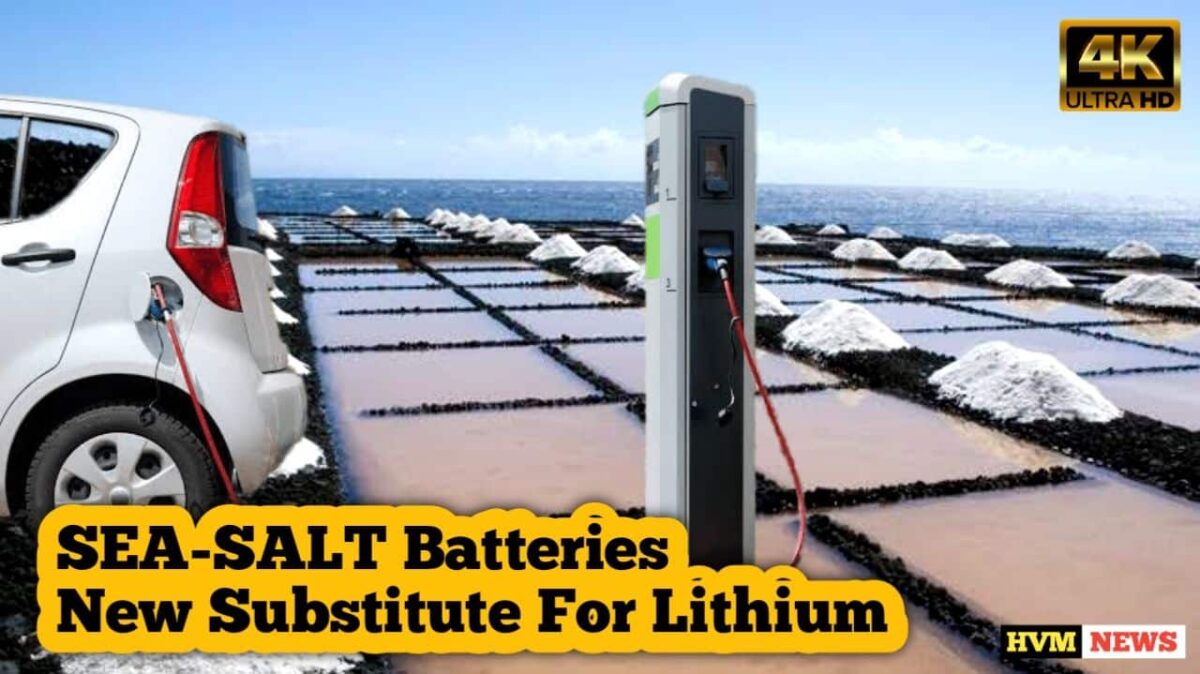While nuclear fusion and geoengineering
are still decades away from being
implemented. advances in technology are
still being worked upon and there seems
to be a new invention which can be a
reality sooner . we are talking about sea
water,
pretty soon your electronics could be
powered by an ultra cheap sea salt
battery . researchers have built a new
cheap battery with four times the energy
storage capacity of lithium,
constructed from sodium sulfur , a type of
molten salt that can be processed from
seawater. the battery is low cost and
more environment friendly than other
existing options . according to a
study from the University of Sydney, it
could be a breakthrough for renewable
energy in particular.
moreover as the climate heats up, there
is an urgent need to switch to renewable
energy sources like wind and solar. but
Renewables are not always consistent as
other sources. which means that batteries
are needed to store this electricity for
later use.
and as we all know many batteries are
built with the rare earth metals like
lithium graphite and Cobalt, but these
Metals come at a cost.
lithium extraction can result in water
shortages ,biodiversity loss, damage to
the ecosystem and soil degradation. for
example when the metal is produced using
evaporation ponds, it takes approximately
2.2 million liters to produce one metric
ton.
it’s also financially costly to mine at
scale
and to achieve climate neutrality. the EU
will require 18 times more lithium than
it currently uses by 2030 and almost 60
times more by 2050. and interestingly
the European commission president Ursula
Wonderland said in September that,
lithium and rare Earths with the rare
earth metals will soon be more important
than oil and gas .and this is where the
sea salt battery could provide an
alternative.
molten salt batteries are not A New
Concept , they’ve been around for 50 years
but they’ve been an inferior alternative
with a short energy life cycle but this
new battery is different.
scientists alter the electrodes to
improve the reactivity of the sulfur. a
key element to determine the storage
capacity because sea salt is everywhere.
it could provide a scalable alternative
to lithium-ion batteries.
researchers now plan to improve and
commercialize the new cells.

